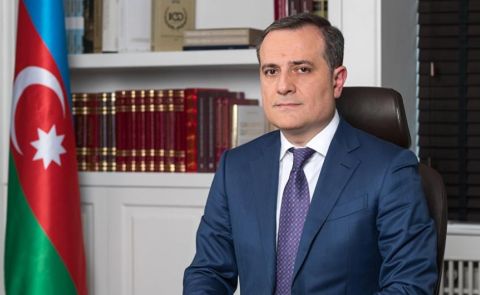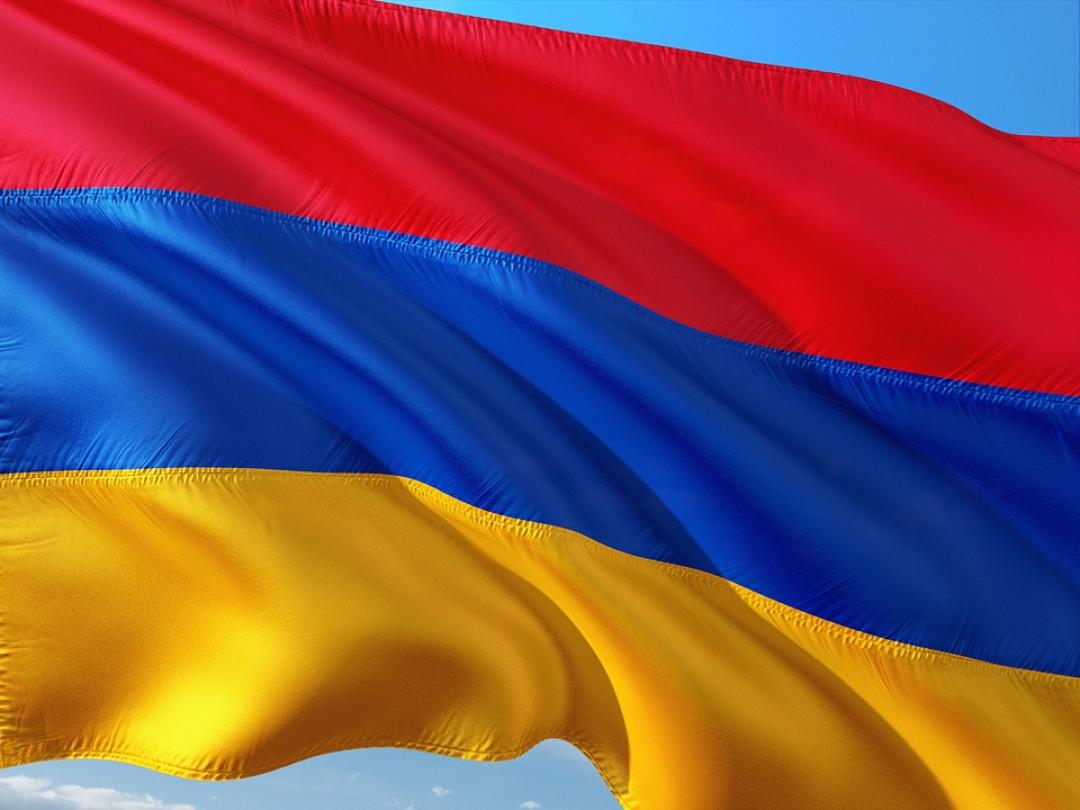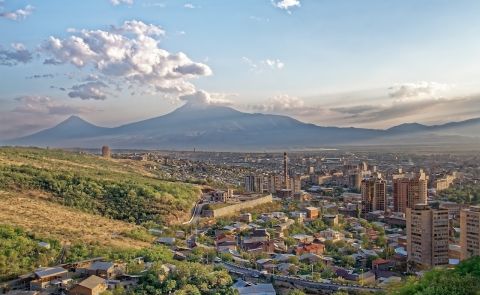
Politics in Armenia: Ter-Petrosyan to participate in elections; 4 businessman present action plan to rebuild the country

On 17 May, the Armenian National Congress (ANC), led by Armenia's former President Levon Ter-Petrosyan announced that it would participate in the upcoming elections.
Petrosyan said that it is important to prevent the current acting Prime Minister Nikol Pashinyan's Civil Contract party from winning the polls. In his words, this task would have been easier to fulfil if two other former presidents (Robert Kocharyan and Serzh Sargsyan) would not have declined his proposal (Caucasus Watch reported) to join efforts to topple Pashinyan's administration.
He said the political standoff would continue if the elections are won either by an alliance led by Kocharyan or Pashinyan's Civil Contract. This, according to Ter-Petrosyan, would not allow the next government to solve urgent problems as the internal instability will continue, and the pace of emigration will accelerate.
“It’s going to be difficult, but the truth is that the Congress’s presence in the [new] parliament is necessary not least for ensuring… that the light of reason is not extinguished in the atmosphere of widespread cacophony,” he said. He also stressed that the goal of his party would also be to prevent Kocharyan from returning to power, as he would be keen to “take revenge” on Pashinyan.
In the meantime, the Republican party of Armenia, led by the country’s former President Serzh Sargsyan, and the Fatherland (Hayrenik) party, led by Armenia’s former National Security Service (NSS) director Artur Vanetsyan, signed the memorandum for the formation of the “I Have Honor” bloc in the upcoming elections.
The leader of the parliamentary opposition Bright Armenia (LHK) party Edmon Marukyan stated that his party suspended the pre-election work due to the border tensions with Azerbaijan (Caucasus Watch reported). He noted that the current situation in Armenia is not an internal political process for them, it is a “process of joint action against the enemy” and therefore part of the political process. “If everything is resolved, we will convene the congress next week, or later. But if it is not resolved, I am almost sure it will lead to the declaration of martial law in Armenia and the cancelation of the 20 June snap parliamentary election schedule approved by the Central Electoral Commission (CEC); this means that there will be no elections. Unless the CEC schedule is cancelled, time is running out, whether or not you are engaged in it [the upcoming election]. At the moment we [the LHK] are not engaged in it," Marukyan underscored.
The Armenian Revolutionary Federation-Dashnaktsutyun (ARF-D) also released a statement in regard to the border tensions. “Today already the territorial integrity of Armenia is endangered. Instead of preventing, confronting Azerbaijan’s aggression the regime headed by Nikol Pashinyan continues leading the country to collapse with its incompetent governance. We have to stop this course,” the ARF-D Bureau’s statement read, noting that it has mobilised all its capacities in different countries to exert pressure on Azerbaijan, and at the same time being ready to self-organise and defend the security of the state and the citizens.
It was also reported that four Armenian businessman from the diaspora Richard Azarnia (France), Artur Alaverdyan (Armenia), Noubar Afeyan (USA), and Ruben Vardanyan (Russia) launched the “Future Armenian initiative” in order to deliver an action plan on how to revive the country. According to the initiative, it would first be necessary to form mutual understanding among Armenians all over the world on the issue of how the country should develop and start talking about how to save the state.
The initiative advocates that Armenia needs to build a more effective and reliable defence system; to foster development in education, science, and technology; and a future-oriented agreement between the Armenian state and the diaspora. One of the priority tasks of the authorities should be the creation of such a country so that in the next 5 years, 150,000-200,000 Armenians who are currently residing abroad choose to return to their homeland and settle there, thus solving both the demographic and security problems. In terms of foreign policy, the initiative advocates that Armenia’s role in the region must change, it must resist isolation and build up its potential through regional and global strategic partnerships.
See Also


Nordic-Baltic Delegation Meets Armenian Leaders to Discuss Regional Cooperation and Peace

Azerbaijan Strengthens Energy Partnerships with Multiple Countries

BP Strengthens Presence in Azerbaijan’s Offshore Energy Sector

Netanyahu’s Letter to Aliyev: Mutual Trust, Solidarity Following Hamas Attacks, Facilitating Dialogue Between Israel and Türkiye

